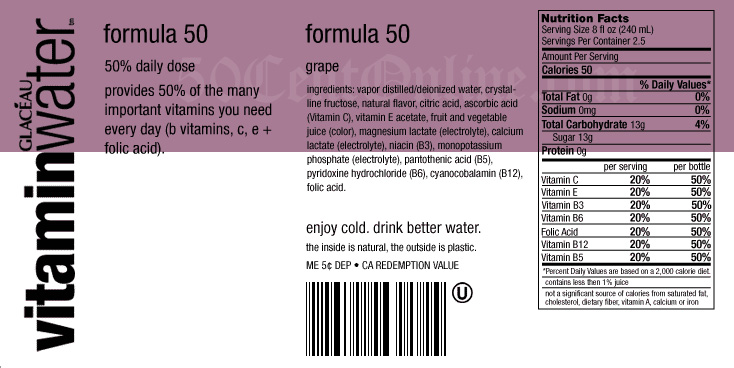Although the assigned marketing plan was stressful, but I thought it was really exciting and entertaining. Throughout this course, I gained and learned many things that are precious to me now. First of all, I made good friends with my fellow teammates. Although we suffered together, but we had good times as we had many group dinners, enjoyed each time when we finished an assignment, and learned more about each other. Another big thing that I learned is how to use iMovie, we youtubed many videos on how to trim, insert, use transitions etc as a team. We sat together for a very long time (20+ hours) just to agree on every decision we made. Surprisingly our group had no negative conflict, when we have different ideas; we just talk it out and see which idea works the best.
But there were a few things that we could have improved to become a better team:
– Be on time for meetings. Although everyone is very busy, but being at the meeting on time can save everybody’s time.
– Split more work to individuals. Although our assignment should have the same type of writing, working together as 5 all the time is very time consuming, and we could save more time by doing more individual work.
– Focus slightly more. When we had to finish something, we would work hard and fast for it, but in-between, there was always friendly chatting between the teammates. This is somewhat inevitable as we became close friends.
Out of all our assignments, I think our video project was the most successful. After we finished the project, we were even proud of it, I think that the 20+ hrs from our team was worth it. I’m glad I took this course.
Thanks to all my group members, and thanks to Tamar Milne for being such a nice teacher 😀


 Back in the days, kids having allergies wasn’t a common thing, but today, many children have allergies to peanuts, eggs or milk. According to the U.S. National Center for Health Statistics, the prevalence of children under the age of 18 afflicted with food allergies increased by 18% from 1997 to 2007. For some food allergies, the increase has been even steeper. And a Canadian study about peanut allergies conducted on Montreal families showed an increase from 1.34% in the 2000-2002 period to 1.62% prevalence in the 2005-2007 period. After reading
Back in the days, kids having allergies wasn’t a common thing, but today, many children have allergies to peanuts, eggs or milk. According to the U.S. National Center for Health Statistics, the prevalence of children under the age of 18 afflicted with food allergies increased by 18% from 1997 to 2007. For some food allergies, the increase has been even steeper. And a Canadian study about peanut allergies conducted on Montreal families showed an increase from 1.34% in the 2000-2002 period to 1.62% prevalence in the 2005-2007 period. After reading 




